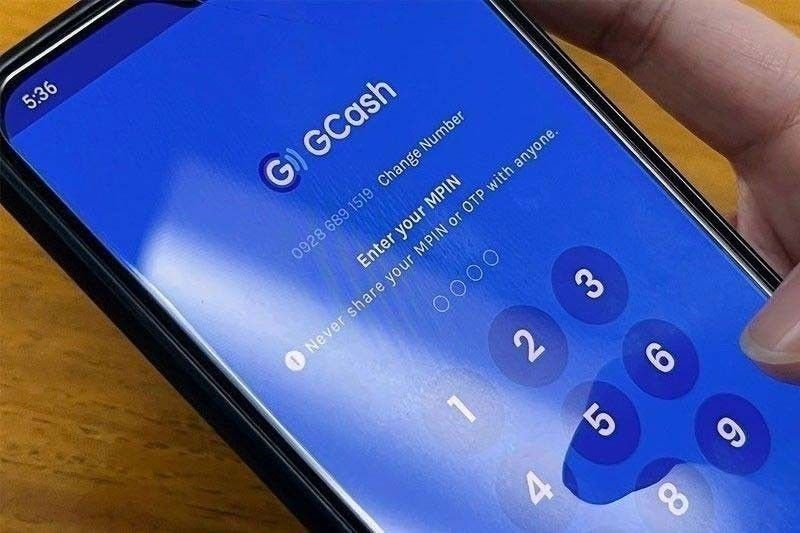GCash, CICC eye speedy response to fraud-related crimes
February 20, 2024 | 4:56pm Photo shows of log in to Gcash account Businessworld / File MANILA, Philippines — Fintech GCash announced its plans to establish a swift incident response system, in cooperation with the Department of Information and Communications Technology’s (DICT) Cybercrime Investigation and Coordinating Center (CICC), to combat fraud and cybercrimes on its […]


February 20, 2024 | 4:56pm
Photo shows of log in to Gcash account
Businessworld / File
MANILA, Philippines — Fintech GCash announced its plans to establish a swift incident response system, in cooperation with the Department of Information and Communications Technology’s (DICT) Cybercrime Investigation and Coordinating Center (CICC), to combat fraud and cybercrimes on its platform.
In a press conference on Monday, DICT Secretary Ivan Uy said that the partnership with the fintech company aimed to establish a “rapid incident response” on fraud-related crimes committed through GCash.
“The collaboration puts together rapid incident response mechanism so the public can be protected in time,” Uy said.
According to CICC Undersecretary Alexander Ramos, the initiative between GCash and the CICC will “properly protect” the public and prevent online scammers from getting more victims.
Ramos also advised victims of online scams to promptly report incidents to GCash and the CICC, rather than posting on social media.
In a separate press release, GCash said it will continue to “leverage capabilities” to “synergize efforts in combating cybercrime activities, and improve cyber capabilities and resilience.”
The fintech company also stated that 94 million Filipinos have used the e-wallet, along with six million merchants.
In addition, GCash also that it had blocked over four million fraudulent accounts and taken down 810 phishing sites and 45,000 malicious social media posts and accounts as of 2023.
On the other hand, the Philippine National Police on January 6 said that swindling or fraudulent schemes are the top cybercrime in the Philippines, accounting for 15,000 incidents.














